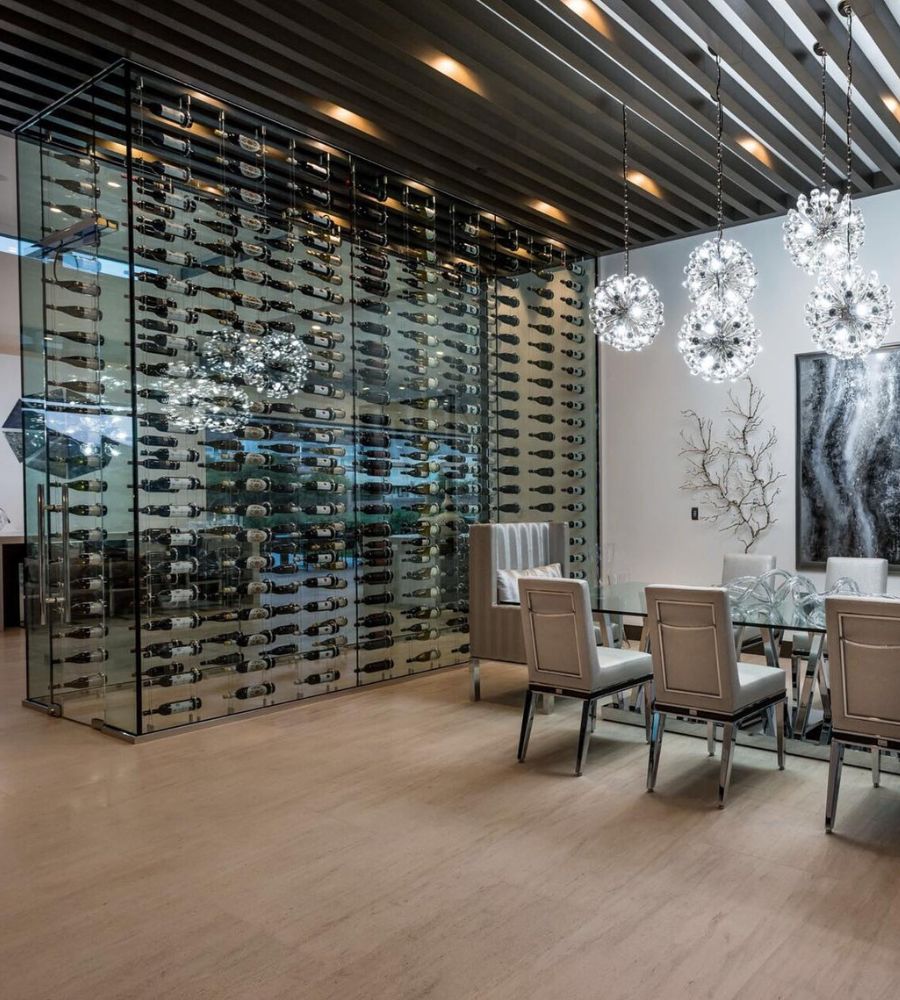As a wine collector, you understand that properly storing and aging wine is essential for achieving the most experience when tasting your wine. Improper storage or aging can lead to a rapid deterioration of your wine’s flavor and complexity, ultimately devaluing your investment. Here are some expert tips to help you store and age your wine collection in the most appropriate way.
How to Age Wine Properly?
Wine aging is an art that requires patience, knowledge, and expertise. The aging process allows the wine to develop and enhance its complexity, depth, and character. The following are the fundamental practices to age wine properly:
Choose Appropriate Wine to Age
The first step to aging wine professionally is selecting the right wines to age. Not all wines are suitable for long-term aging, and some may even deteriorate over time. Generally, full-bodied red wines with high tannin and acidity levels are the best candidates for aging. Cabernet Sauvignon, Bordeaux, and Barolo are some of the most age-worthy wines.
Characteristics of Age-Worthy Wine
Age-worthy wines possess distinct characteristics that make them suitable for aging. These characteristics include:
- High tannins and acidity, which act as natural preservatives and help the wine age gracefully over time.
- Intense flavor and aroma, which become more complex and refined as the wine ages.
- A balanced structure ensures that the wine’s various elements (tannins, acidity, and fruit flavors) are in harmony and can develop together.
- High alcohol content, which can help the wine age well and provide richness and body.
- Complexity and depth, are the result of various factors, such as the grape variety, the soil and climate where the grapes were grown, and the winemaking process. The complexity and depth of an age-worthy wine can make it a truly exceptional and rewarding experience to drink.

Some of the best age-worthy wines include Cabernet Sauvignon, Merlot, Pinot Noir, Syrah, and Bordeaux blends.
Temperature Conditions and Humidity
Maintaining the proper temperature and humidity level is crucial to the aging process. To preserve your wine’s integrity and flavor, it’s best to store your wine at 58 °F (14-15 °C) in a consistent temperature environment. Additionally, the humidity level should remain between 55% and 65% to keep the cork moist, preventing it from drying out. Excessive heat or cold can damage the wine’s flavor, while high humidity can cause mold or mildew to grow.
Wine Bottle Orientation
The orientation of the wine bottle is another important factor in wine storage. Wine bottles should be stored horizontally, or at a maximum angle of 15 degrees, to keep the cork moist and prevent it from drying out. A dry cork can allow air to seep into the bottle, causing oxidation and ruining the wine’s flavor.
Where to Keep Your Exclusive Wine Collection?
The best place to store your exclusive wine collection is in a cool climate controlled place. Ideally, a wine cellar or a temperature-controlled wine cabinet would be the best choice. These storage options will provide the perfect environment to store and age your wine collection. If a wine cellar or a wine cabinet is not available, a wine wall can also work, as long as it meets the temperature and humidity restrictions.
In addition to providing a suitable storage environment for your exclusive wine collection, you can also create a space that showcases your valuable collection and adds a touch of unique style to your home.
A well-designed wine storage and display area can add value to your home and become a conversation starter during social events. It can also provide a sense of pride and accomplishment for wine enthusiasts who take great care in curating and aging their wine collections.